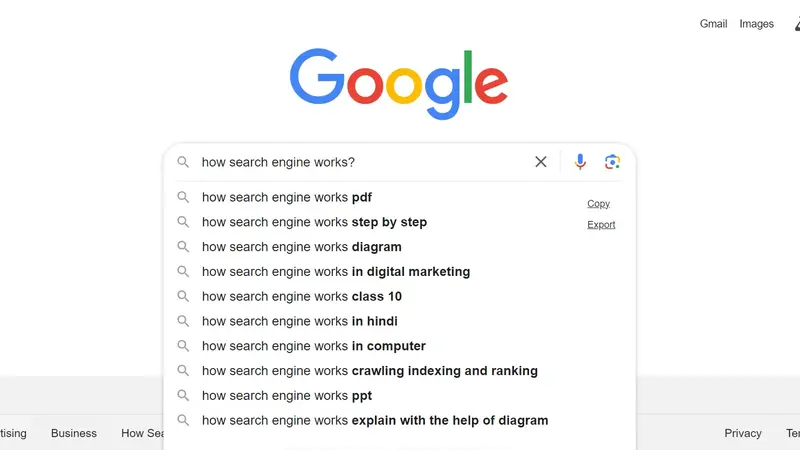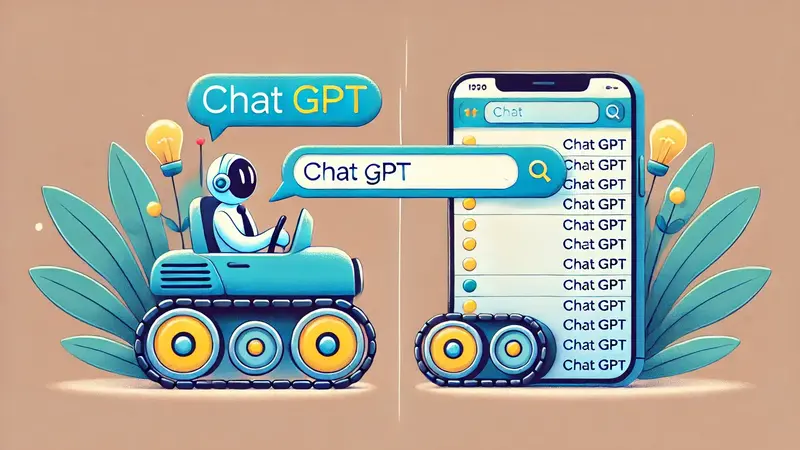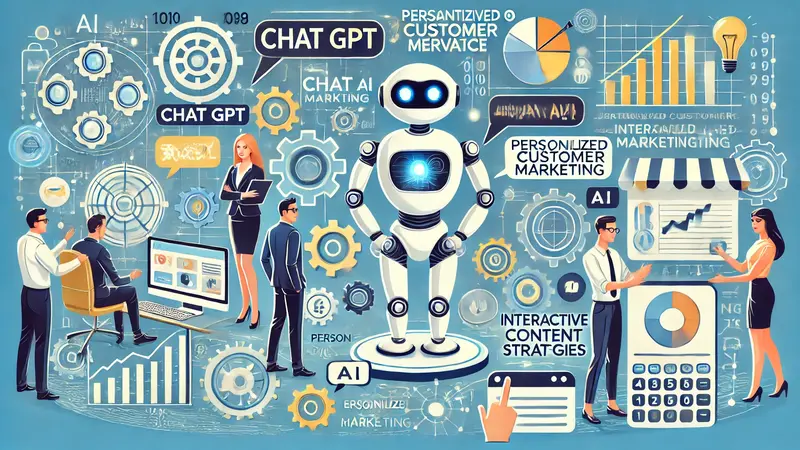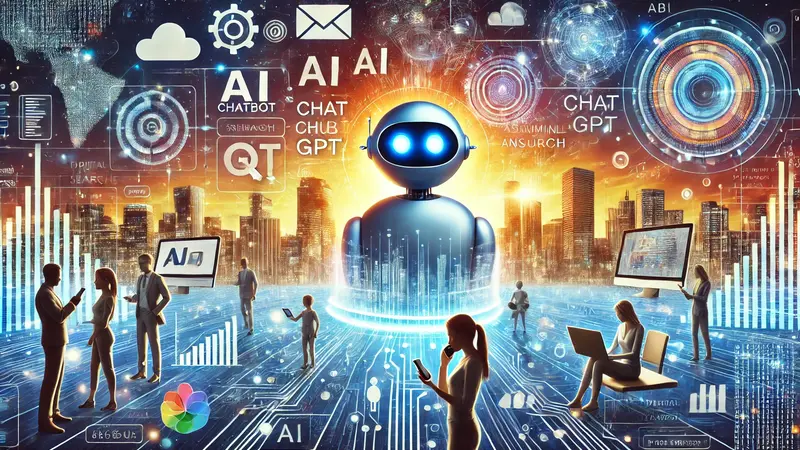In recent years, the evolution of artificial intelligence (AI) has been rapid and transformative. Among the most notable advancements is OpenAI’s Chat GPT, a generative pre-trained transformer that has revolutionized natural language processing (NLP). This article explores the potential of Chat GPT to replace traditional search engines, offering a more interactive, efficient, and personalized way to access information.
We will delve into Chat GPT’s mechanics, compare its capabilities with traditional search engines, and discuss its implications for users and businesses.
Understanding Chat GPT
Chat GPT, or Generative Pre-trained Transformer, is an AI model designed to understand and generate human-like text based on the input it receives. Unlike traditional search engines that index and retrieve information from the web, Chat GPT processes queries through complex algorithms that enable it to understand context, generate coherent responses, and provide information conversationally.
Key Features of Chat GPT
- Contextual Understanding: Chat GPT can comprehend the context of a conversation, making it capable of engaging in more meaningful and relevant interactions.
- Conversational AI offers a more interactive user experience by simulating a natural conversation, making information retrieval more intuitive and user-friendly.
- Personalization: The AI can learn from user interactions, allowing it to provide more personalized responses over time.
- Broad Knowledge Base: Pre-trained on a vast corpus of text, Chat GPT has a wide-ranging understanding of various topics, which it can leverage to answer questions comprehensively.
How Search Engines Work?

Traditional search engines, like Google and Bing, operate on a different paradigm. They crawl the web, index pages, and use algorithms to rank these pages based on relevance to a user’s query. When a user types a question, the search engine retrieves and displays a list of links to websites that might contain the information sought.
Key Features of Search Engines
- Indexing: Search engines index web pages to make retrieval faster.
- Ranking Algorithms: They use complex algorithms to rank pages based on keyword relevance, backlinks, and user engagement.
- Query Matching: Search engines match user queries with indexed pages to find the most relevant results.
- User Interaction: Users typically sift through multiple links to find the necessary information, which can be time-consuming.
Comparing Chat GPT and Search Engines
Efficiency and Speed
- Chat GPT: Offers instant answers in a conversational format, reducing users’ time searching for information.
- Search Engines: Require users to click multiple links and sift through content to find the desired information.
User Experience
- Chat GPT: Provides a more engaging and interactive experience, mimicking a human-like conversation.
- Search Engines: Offer a static list of links, which can be less engaging and require more effort from the user.
Personalization
- Chat GPT: Can tailor responses based on previous interactions and user preferences.
- Search Engines: Personalization is limited to search history and cookies, offering a less tailored experience.
The Potential of Chat GPT to Replace Search Engines

Enhanced User Interaction
Chat GPT’s ability to engage users in natural conversations makes information retrieval more intuitive. Users can ask follow-up questions, seek clarifications, and interact with the AI in an impossible way with traditional search engines. This interactive experience can significantly enhance user satisfaction and efficiency.
Immediate and Accurate Responses
Chat GPT can provide more accurate and relevant answers by understanding the context and generating responses on the fly. This contrasts with search engines, where users often must evaluate multiple sources to find accurate information.
Learning and Adaptation
Chat GPT’s ability to learn from interactions means it can continually improve its responses. Over time, it can adapt to user preferences, making the information retrieval process even more personalized and efficient. This adaptive learning is a significant advantage over the relatively static algorithms of traditional search engines.
Reducing Information Overload
Search engines often overwhelm users with many links, many of which may need to be more relevant. Chat GPT can distill vast amounts of information into concise, appropriate responses, reducing information overload and helping users find what they need more quickly.
Implications for Businesses and Marketers
SEO and Digital Marketing
The rise of Chat GPT could significantly impact search engine optimization (SEO) and digital marketing strategies. Businesses and marketers have long relied on search engines to drive website traffic. With Chat GPT, the focus might shift from optimizing for search engine algorithms to creating content that is more conversational and engaging.
Customer Service
Many businesses already use AI-powered chatbots for customer service. Chat GPT can take this further by providing more sophisticated and human-like interactions. This can enhance customer satisfaction and reduce the need for human customer service representatives.
Content Creation
Content creators may need to adapt their strategies to cater to an AI that values context and conversational quality. This could lead to a shift towards more interactive and engaging content formats, such as conversational blogs and interactive FAQs.
Challenges and Considerations

Accuracy and Reliability
While Chat GPT is highly advanced, it is possible. Ensuring the accuracy and reliability of the information it provides is crucial. Unlike search engines, which can be cross-referenced with multiple sources, Chat GPT’s responses are generated based on its training data, which may only sometimes be up-to-date or accurate.
Ethical and Privacy Concerns
The use of AI for information retrieval raises ethical and privacy concerns. Chat GPT needs to handle user data responsibly and transparently. Additionally, there is a risk of bias in AI-generated responses, which needs to be addressed to ensure fairness and inclusivity.
Dependence on AI
More reliance on AI for information retrieval could lead to declining critical thinking and research skills. Users might become too dependent on Chat GPT for answers, potentially reducing their ability to analyze and evaluate information independently.
The Future of Information Retrieval
As AI continues to evolve, how we access and interact with information will likely change dramatically. Chat GPT represents a significant step forward, offering a more interactive, efficient, and personalized approach to information retrieval. While traditional search engines will continue to play a role, the rise of conversational AI could transform the digital landscape.
The Role of AI in Shaping Future Technologies
Integration with Other AI Technologies
Chat GPT is part of a broader ecosystem of AI technologies transforming various aspects of our lives. Integration with AI-driven tools, such as voice assistants, autonomous systems, and smart devices, can create a seamless and interconnected digital experience. For instance, integrating Chat GPT with voice assistants like Amazon’s Alexa or Google Assistant can enhance these devices’ functionality and user experience.
Advancements in Natural Language Processing
Continuous advancements in natural language processing (NLP) are crucial for the evolution of Chat GPT. Improved NLP capabilities will enable the AI to understand and generate even more nuanced and contextually accurate responses, further enhancing its potential to replace traditional search engines and other information retrieval systems.
AI-Driven Personalization
AI-driven personalization is a key trend that will shape the future of digital interactions. Chat GPT’s ability to learn from user interactions and provide personalized responses can extend to various applications, from customized content recommendations to tailored marketing strategies. This level of personalization can significantly enhance user engagement and satisfaction.
Potential Disruptions and Innovations
Redefining Online Advertising
The rise of Chat GPT could disrupt the online advertising industry. Traditional search engines rely heavily on advertising revenue generated from search results pages. With Chat GPT providing direct answers to user queries, the visibility of conventional ads could decrease. This may lead to the development of new advertising models integrated into conversational AI platforms, offering more subtle and contextually relevant advertising options.
Educational and Training Applications
Chat GPT has the potential to revolutionize education and training by providing personalized tutoring and interactive learning experiences. AI-driven educational tools can adapt to individual student’s learning pace and style, offering customized content and real-time feedback. This can enhance the effectiveness of online education and training programs.
Healthcare and Wellness
In the healthcare sector, Chat GPT can assist in providing information, answering patient queries, and even offering preliminary diagnoses based on user symptoms. This can improve access to healthcare information and support telemedicine services. However, ensuring that AI-driven healthcare applications are accurate, reliable, and comply with medical standards and regulations is crucial.
Preparing for the Future
Embracing AI in Business Strategies
Businesses must embrace AI technologies like Chat GPT to stay competitive in the evolving digital landscape. This involves integrating AI into business processes, customer service, marketing, and content creation strategies. Companies that leverage AI’s capabilities can improve efficiency, enhance customer experiences, and gain a competitive edge.
Investing in AI Research and Development
Continued investment in AI research and development is essential to advance the capabilities of Chat GPT and other AI technologies. This includes developing more sophisticated algorithms, improving data quality, and addressing ethical and privacy concerns. Collaborative efforts between academia, industry, and government can drive innovation and ensure the responsible development and deployment of AI.
Addressing Ethical and Societal Implications
As AI technologies become more pervasive, addressing the ethical and societal implications is crucial. This includes ensuring transparency in AI decision-making processes, preventing biases in AI-generated responses, and safeguarding user privacy. Ethical guidelines and regulatory frameworks can help mitigate potential risks and ensure that AI technologies are used responsibly.
Conclusion
The future of information retrieval is poised for a significant transformation with the rise of AI technologies like Chat GPT. Chat GPT can replace traditional search engines and redefine how we interact with digital content by offering a more interactive, efficient, and personalized approach to accessing information.
However, it is essential to navigate the challenges and ethical considerations associated with this shift to ensure that the benefits of AI are realized responsibly and inclusively. As we embrace the future of AI-driven information retrieval, we must prioritize innovation, ethical considerations, and the continuous advancement of AI technologies to create a better digital experience for all users.
